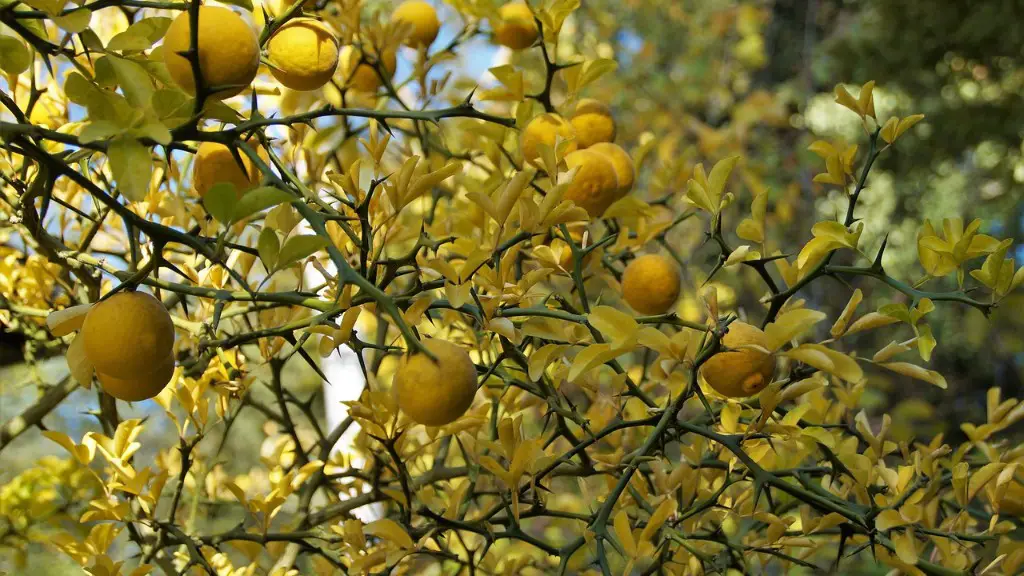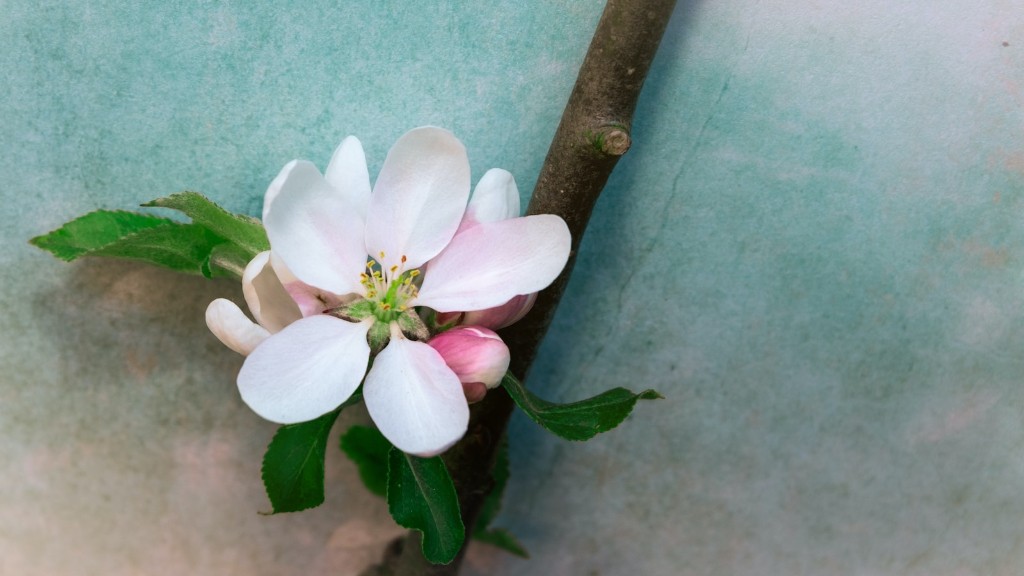Growing a lemon tree at home is possible. Contained in small pots, these tree’s are relatively easy to maintain, provided the right environment. Here, we’re going to discuss how to grow, care for and harvest your own lemon tree.
Investigate Your Lemon Tree Type
The most important step when it comes to growing lemons is to investigate what type of lemon tree you have. Each type requires slightly different care, which means that it is important to do your research so you can create the right environment and soil for your plant.
Pick the Right Exposure and Soil
The lemon tree needs a spot in your home that gets lots of light and warmth. Preferably, you want partial sunlight and a consistent temperature. Furthermore, the soil for your lemon tree should be light, well-draining and slightly acidic. Use a combination of soil and compost to create the perfect mix.
Pay Attention To Watering
Water is essential for your lemon tree and should be administered frequently and thoughtfully. During the summer, the soil should always be slightly moist and not allowed to dry out. During the winter, careful moderation is the key – overwatering is the enemy of the lemon tree.
Careful Pruning and Poll innovation
A lemon tree needs to be pruned carefully. While it sounds intimidating, properly pruning your lemon tree can help enhance its growth and fruit-bearing capabilities. As for pollination, the lemon tree is largely self-pollinating. However, by shaking the branches and flowers you can help the process along.
Fertilizing and Mulching
Fertilizer and mulch should be utilized sparingly in order to foster healthy lemon growth. Fertilizer should be used no more than once a month and mulch should be applied to the root system as an additional layer of insulation against the cold.
Harvesting and Storing Lemons
Harvesting these lemons is a relatively simple process. Lemons should be picked when they feel heavy for their size and have an even color. Once picked, you should store them in a mild environment that is not too warm or cool.
Protecting Trees from Pests
Despite its robust nature, the lemon tree is still susceptible to pests and other infestations. Make sure to inspect your tree weekly and if you suspect a problem then take appropriate action.
Providing Protection During Winter
Lemon trees will survive the winter provided they are protected with an additional layer of insulation. Make sure to wrap the tree in a rainproof material and add extra mulch on top to keep the roots warm.
Creating the Perfect Environment
Your tree needs the perfect environment in order to thrive. This means ensuring the roots are moist, there is enough light and the required temperatures are maintained. Furthermore, the tree should be turned regularly to ensure all branches receive the same amount of attention.
Best Practices for Fertilizing
Fertilizing a lemon tree is essential in order to ensure healthy growth. However, it is important not to over-fertilize, as the tree won’t need the same amount of nutrients in different stages of its life cycle. Furthermore, make sure to pay attention to the fertilizer blend so you can provide the right combination of nutrients.
Pruning and Shaping the Tree
The lemon tree needs to be pruned in order to produce a better harvest and encourage healthy growth. Pruning should be done at the right time and you should pay attention to the shape of the tree. It shouldn’t be too tall, as the branches will be too far away from the light source.
Spotting and Treating Diseases
It is important to inspect your lemon tree on a weekly basis in order to spot any diseases as soon as possible. The tree can be treated for disease, but it is better to take preventative measures and maintenance checkups so you can ensure a healthy tree in the future.

